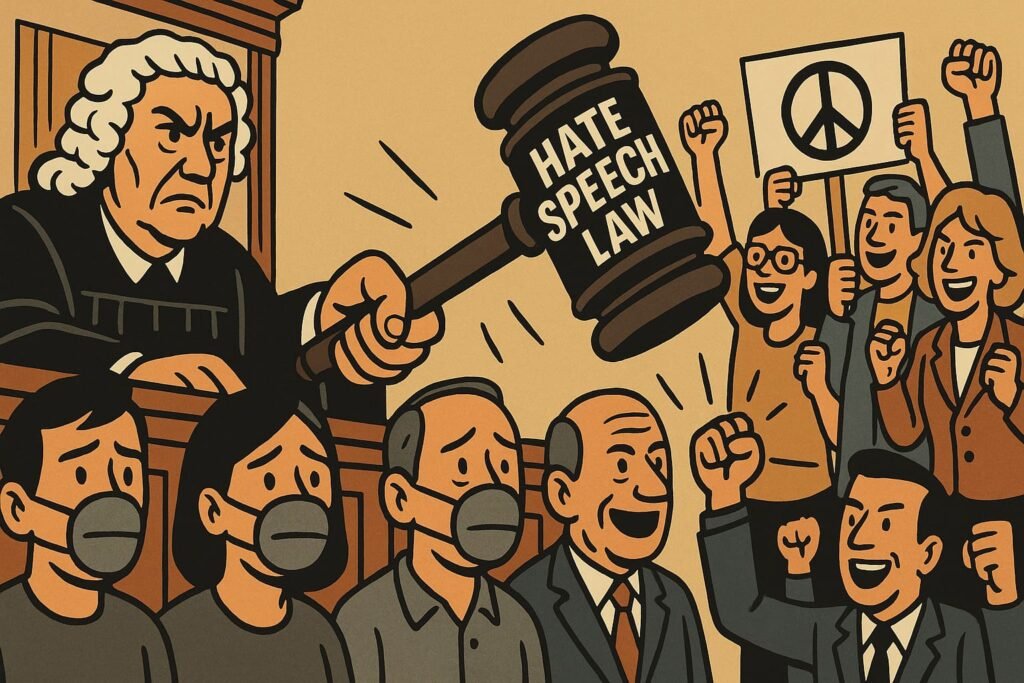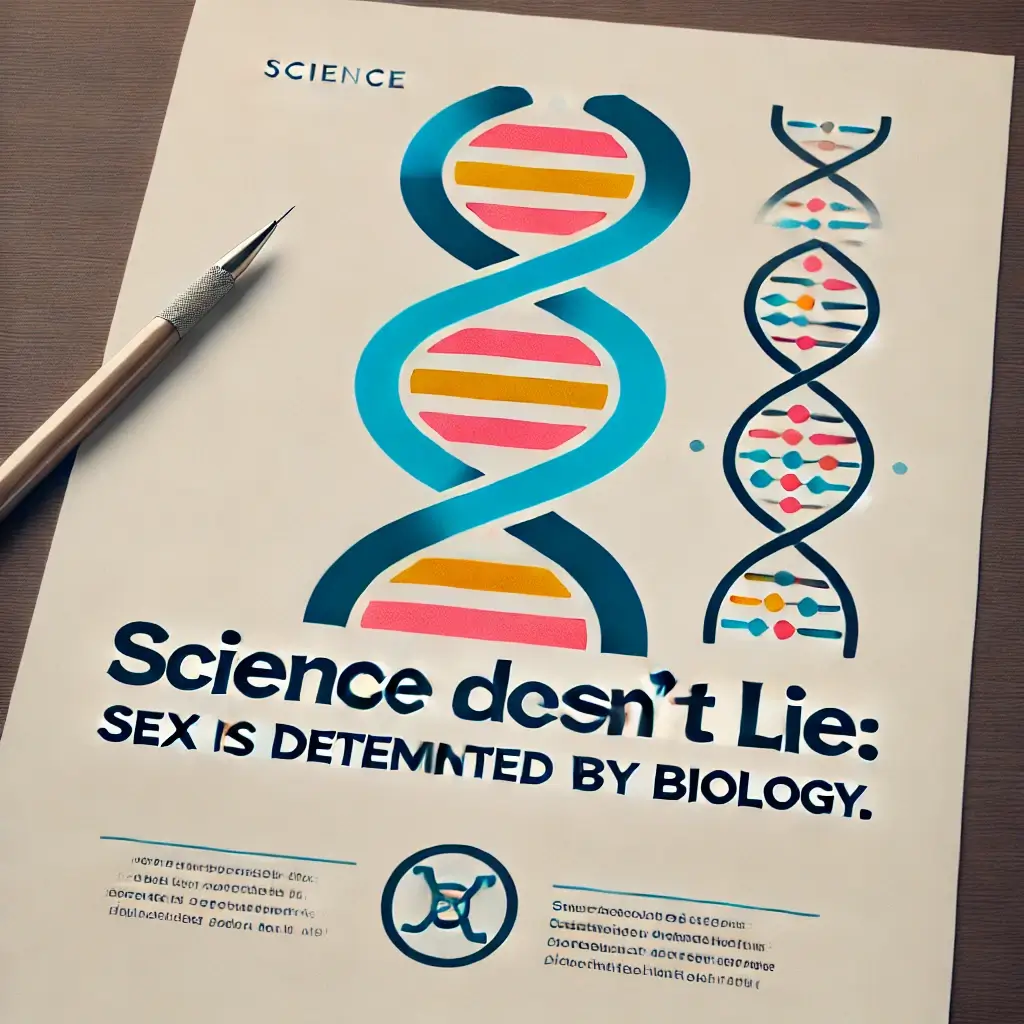Hate Speech Laws: Woke Censorship in Disguise
“Hate speech” sounds noble. Who wouldn’t want to protect people from harm? But scratch the surface, and hate speech laws aren’t about kindness — they’re about control.
They turn free expression into a minefield, where saying the “wrong” thing can cost you your job, your reputation, or even your freedom.
What started as political correctness has morphed into thought policing with legal backup.
Table of contents
From Political Correctness to Thought Control
At first, it was about being polite — don’t say cruel things, try to be respectful. Fair enough.
But now? Hate speech laws are used to silence unpopular opinions, criminalise dissent, and enforce a single “approved” worldview.
Speak your mind, and you risk being labelled a criminal. Not because you incited violence, but because someone decided your words were offensive.
The Woke Theory Behind It
Hate speech laws are fuelled by the same woke ideology that drives language policing and propaganda:
- Critical Theory: society is nothing but power struggles. Speech = oppression.
- Identity Politics: if your words upset an “oppressed group,” they must be banned.
- Subjective Truths: it’s not about facts — it’s about feelings.
In practice, this means criticism of immigration, gender ideology, or affirmative action can be branded “hate” and shut down.
How It Works in Practice
Hate speech laws rely on three tricks:
- Vague Definitions → “Hate” is whatever the state or mob says it is.
- Fear Factor → People censor themselves before speaking — easier than risking punishment.
- Selective Enforcement → Activists and elites get away with venom; ordinary citizens get fined, banned, or worse.
It’s not protection. It’s a speech filter designed to keep the conversation one-sided.
Orwell Wasn’t Wrong
This isn’t far from Orwell’s 1984:
- Big Brother = state and corporations monitoring speech.
- Newspeak = today’s woke language policing.
- Thoughtcrime = questioning the narrative.
We’re not burning books — we’re rewriting dictionaries and prosecuting opinions. Same result.
Consequences for Society
Hate speech laws don’t create harmony. They create:
- Fear: people stay silent rather than risk breaking the rules.
- Shallow Debate: controversial issues like immigration or gender never get honestly discussed.
- Authoritarian Drift: governments love a tool that makes dissent illegal.
- Cultural Conformity: art, comedy, and public life become safe, bland, and boring.
Instead of protecting democracy, hate speech laws hollow it out.
Hate speech laws
Hate speech laws are sold as compassion. In reality, they’re censorship dressed up as virtue. They don’t protect the vulnerable. They protect the narrative.
Free expression means tolerating views you dislike — not criminalising them. Without that principle, democracy dies, not with a bang, but with a hashtag and a fine.
Hate Speech Laws vs Free Speech
| Hate Speech Laws | Free Speech |
|---|---|
| Offence = crime | Offence = debate |
| Definitions vague, ever-changing | Principles stable, universal |
| Protects ideologies | Protects individuals |
| Encourages self-censorship | Encourages open dialogue |
| Selectively enforced by elites | Equally applied to everyone |
| Produces fear & conformity | Produces innovation & progress |
FAQ
What are hate speech laws?
Rules that criminalise certain speech on the grounds it’s offensive — often vague and open to abuse.
Why are they dangerous?
They restrict debate, encourage self-censorship, and give governments a tool to silence dissent.
Isn’t it about protecting minorities?
In theory, yes. In practice, it’s about enforcing ideology and punishing non-conformity.
What’s the link to woke ideology?
Wokeism treats speech as violence, so silencing words is framed as justice.
Who benefits?
Governments, corporations, and activists who want total control of the narrative.



